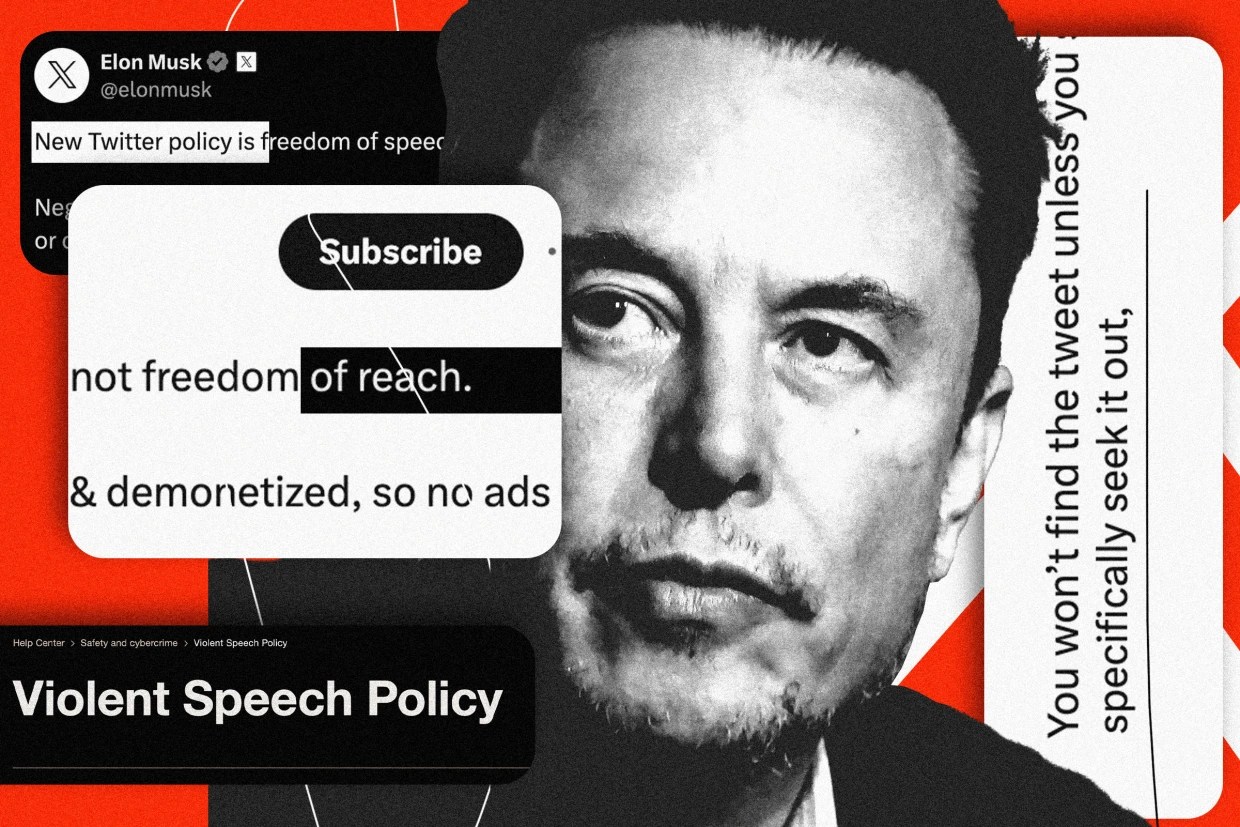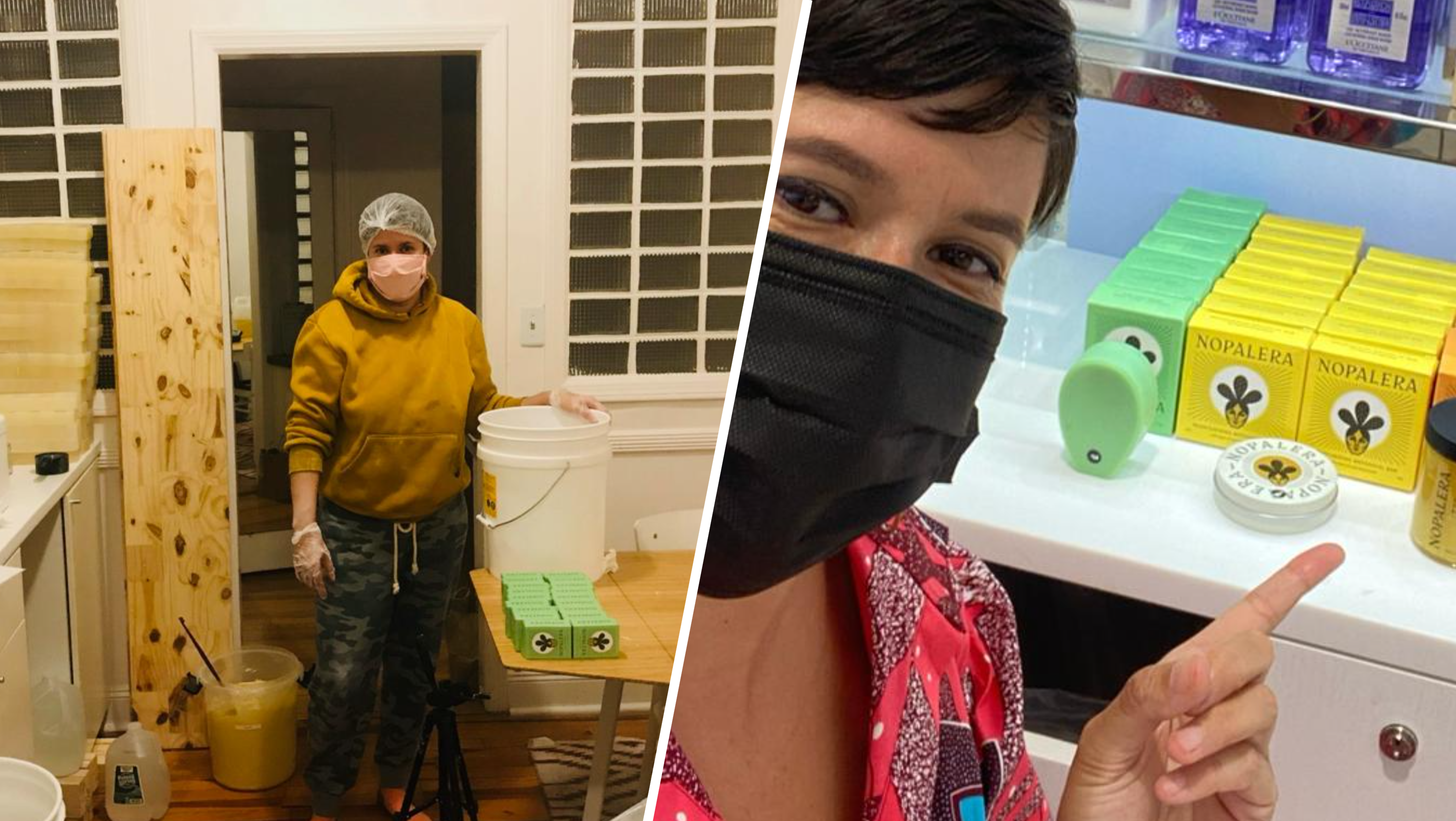Some airline pilots are not being tested for what the federal government calls some of the most potent and addictive painkillers on the market. Critics fear outdated regulations could help hide addicts in the cockpit. Airlines must screen pilots for drugs like marijuana, cocaine, heroin, meth and PCP, but if a pilot with a drug problem wanted to fly high and under the radar, they could.
Passengers at Logan Airport were concerned when they learned about this. Isaiah Ross had no idea airline pilots are not tested for some of the most commonly abused drugs, “It’s just dangerous, you know. There’s a lot of people’s lives at stake.” Stephanie Ross who was putting her children on a flight to Kansas City said, “It’s scary to be quite honest with you.”
Earlier this month, a Spirit Airlines pilot and his wife were found dead by their children in their Ohio home. The toxicology test is pending, but investigators say the preliminary cause of death is consistent with an overdose of heroin or Fentanyl, a powerful synthetic opioid.
Doctor David Benjamin, a Northeastern University toxicologist, also expressed concern, “I’d call this an ostrich problem with the government putting their head in the sand.”
The FAA initially told NBC Boston the agency requires airlines to test their pilots and “...yes, a drug like Fentanyl would be detected.” The NBC Boston Investigators dug deeper and the FAA later admitted that under US Department of Transportation regulations, the agency does not require testing for synthetic painkillers like fentanyl and oxycodone.
Doctor Benjamin said these drugs can cause massive safety issues, “you don’t want a pilot who has to look down the runway and figure out when to bring the plane down at 140 miles per hour to have mental clouding.”
The FAA told us the U.S. Department of Transportation is currently considering expanding their drug panel to include synthetic opioids, but airlines are free to conduct additional screening on their own.
U.S. & World
Steve Cunningham, instructor at National Flight Simulator, said the vast majority of pilots act responsibly, but if the lack of testing puts pilots or passengers at risk, he supports expanding the drug testing panel.
NBC Boston asked each of the major domestic carriers if they test for synthetics on their own. Southwest, JetBlue and Virgin said they do not. American, United and Delta did not respond. And Spirit Airlines did not answer the question directly only saying they are compliant with federal regulations. Spirit Airlines released a statement.
"Spirit Airlines is required by Federal Law and by its own internal standards, which exceed federal standards, to operate with the highest degree of care for the safety of the traveling public. The DOT and FAA regulations require that the airline conduct pre-employment and random drug and alcohol tests on employees in designated safety-sensitive positions such as pilots, flight attendants, mechanics and dispatchers. Spirit Airlines remains compliant with DOT and FAA regulations for drug and alcohol testing for these safety-sensitive positions. Anyone who tests positive is immediately removed from their position."
Spirit airlines confirmed Captain Brian Halye had flown less than a week before he died, but they won’t release how often or when he was last tested.
According to FAA data, 38 pilots tested positive for drugs in 2015, up 65% from five years earlier, but the FAA only requires airlines to randomly test 25% of safety-sensitive employees like pilots, flight attendants and mechanics each year.
Pilot Tom Lee, recently-retired from a major carrier says though some colleagues were randomly selected every few months, he hadn't been tested in years. Lee said it is not difficult to test for Fentanyl and Oxycodone if you have the right test, “Do it. Spend the Money.”
The comment period on the proposal to expand the drug tests ended on March 27, 2017. Three things can happen going forward. The U.S. Department of Transportation can make the change as proposed, address any objections, or start over. NBC Boston Investigators reached out to the pilots’ union several times, but they would not provide comment.



